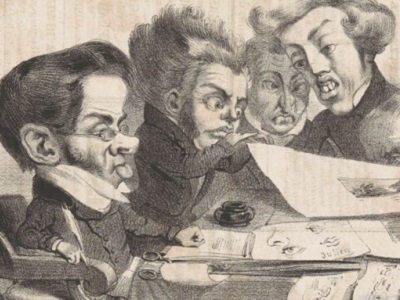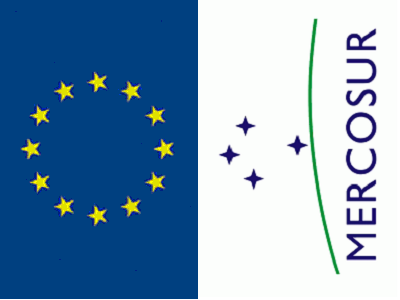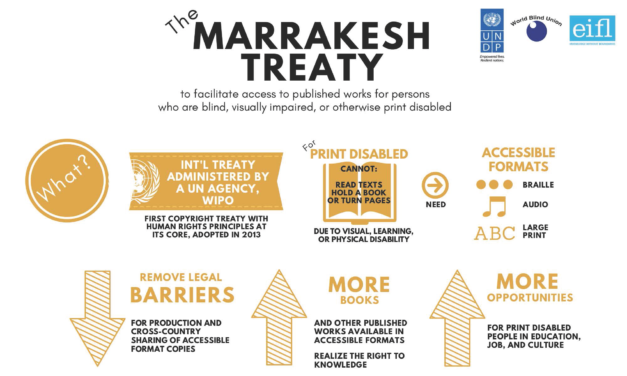Scholars and Advocates Urge NAFTA Negotiators to Protect Free Speech Online
[Eric Goldman, Santa Clara University School of Law] Fifty-five Internet law experts and organizations have written a letter urging Canadian, Mexican, and U.S. trade negotiators to protect Internet businesses from being sued for content posted by others on their sites. The letter comes as representatives from the U.S., Mexico and Canada are working on changes to modernize the 23-year-old North American Free Trade Agreement, NAFTA.
Read More





